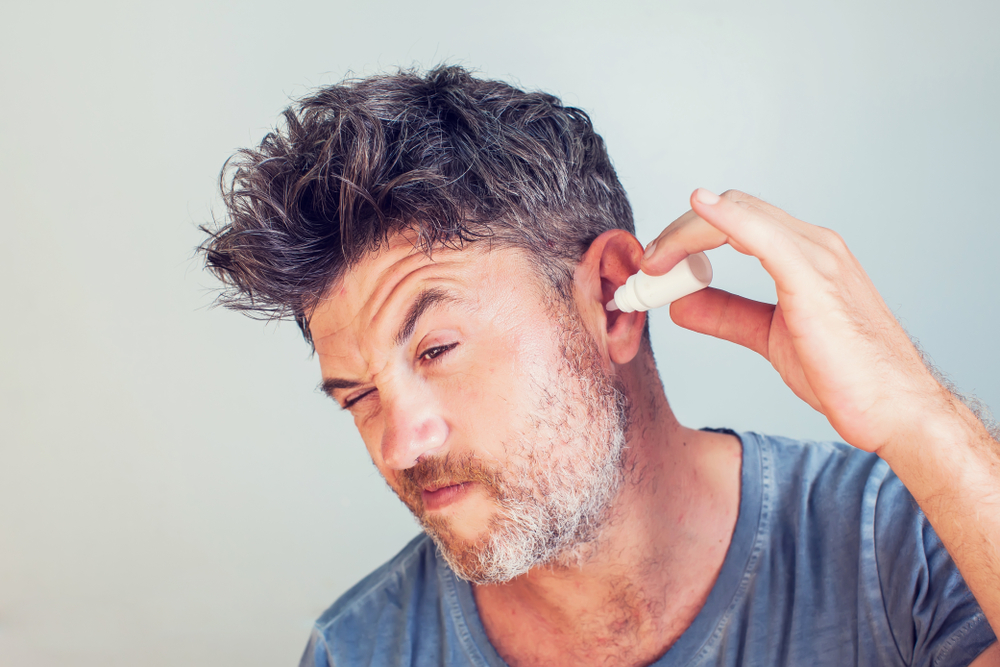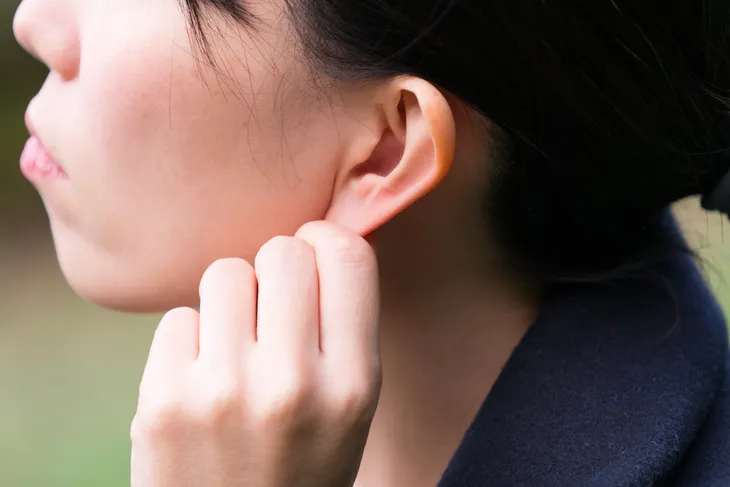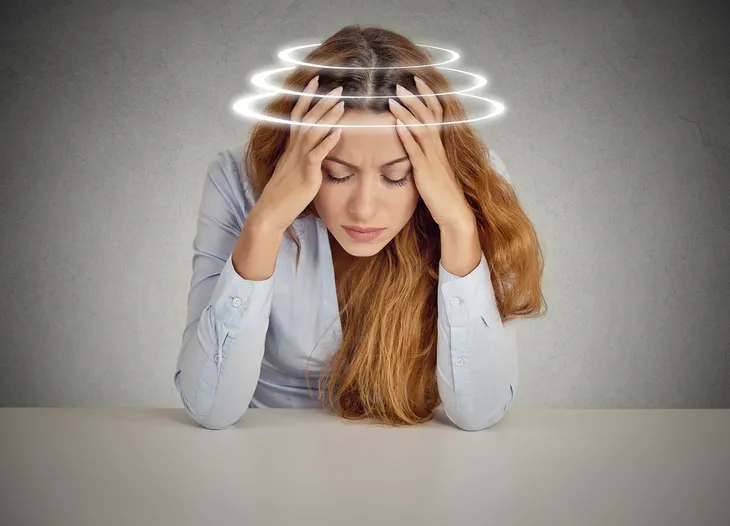Ear infections are a lot more common than you might think. Studies actually show that more than 60-percent of head colds turn into an ear infection, particularly in babies and toddlers. However, identifying an ear infection in yourself or spotting one in your child is often difficult if you’re not familiar with the symptoms.
The 10 common signs and symptoms of an ear infection are…
1. Flu-like Symptoms
If you feel those familiar symptoms of a head cold—for instance, runny nose, headache, fever, and sinus congestion—you might be experiencing an ear infection. You are especially at risk for developing an ear infection if these symptoms stick around longer than a normal cold (i.e., more than 7- to 10-days ) and just won’t go away.
2. Difficulty Sleeping
If your sleep has been disturbed by lingering ear pain night after night and you can’t for the life of you get your rest—you know the kind that suddenly sets in and worsens when you lie down flat — this is a prime cue that you’re suffering the pressure from an ear infection.
3. Irritability
Irritability from pain and a stubborn headache is a common culprit of an ear infection. You might particularly notice it when you try to drink and eat—the pressure and motion that occurs from chewing and swallowing can lead to added pain and pressure on your affected ear.
4. Fever
A nasty fever often accompanies a middle ear infection (known clinically as otitis media) and can reach as high as 101- to 102-degrees Fahrenheit if left untreated.
5. Ear Discharge
Ear infections often can come with a yellow-white discharge that doesn’t really resemble earwax. The drainage can often have faint traces of blood within it, and you’ll find it on your pillow after you wake up. In addition, the fluid may have a foul odor.
6. Swelling
The pressure on the ear canal can often cause quite a bit of swelling. You may also notice a hot sensation around the ear, as well as tenderness and redness around or behind the ear and within the actual ear canal.
7. Lack of Appetite
An ear infection is enough to make anyone lose their appetite, particularly if you experience pain or a can’t-get-at-it itchy sensation deep within your ear. This discomfort and ear pain will often make it difficult to eat, sleep, or rest adequately.
8. Itchy Ears
Itching often goes with an ear infection, particularly when you can’t actually scratch your inner ear. Plus, the pain can increase due to an overpowering feeling of fullness and pressure from the infection building behind the eardrum.
9. Headache
As pressure builds with an ear infection, a throbbing headache will set in and be felt around the affected ear and inside the ear, hence the term “earache.” You may also experience a great deal of neck stiffness and pain due to the building pressure or excess fluid in the inner ear.
10. Dizziness
Severe dizziness, or vertigo, will often cause some disorientation if you are suffering with an ear infection. You might also notice your hearing slightly becomes muffled due to the fluid buildup, and swelling in the inner ear.













